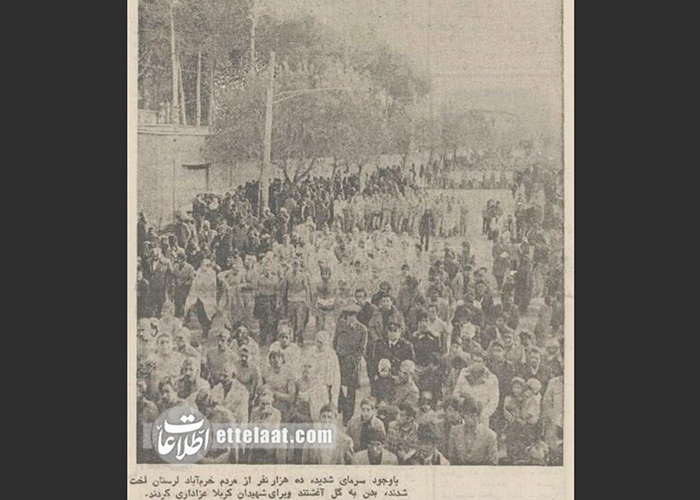Ashura in Contemporary Times
Today, Ashura is more than a religious observance; it has become a platform for social and political expression. In regions experiencing injustice, tyranny, or foreign occupation, Husayn’s stand at Karbala is invoked as a symbol of righteous resistance. Movements from the Islamic Revolution in Iran to modern-day protests across the Middle East and South Asia have drawn inspiration from the Karbala narrative.
Social media has transformed how Ashura is commemorated. Live streams of Karbala ceremonies, digital majlis (gatherings), and online poetry competitions have broadened the scope and reach of the observance.
Conclusion
Ashura stands as a day of multifaceted significance in the Islamic world. Whether through fasting, mourning, or participating in public processions, Muslims remember divine deliverance and human sacrifice. The story of Karbala and the martyrdom of Husayn ibn Ali continue to resonate across centuries as powerful reminders of faith, justice, and the cost of standing up for what is right.
The observance of Ashura reflects not only a commemoration of the past but also a living tradition that adapts to the spiritual and political realities of the present, reminding the faithful of the enduring relevance of their history and heritage.

